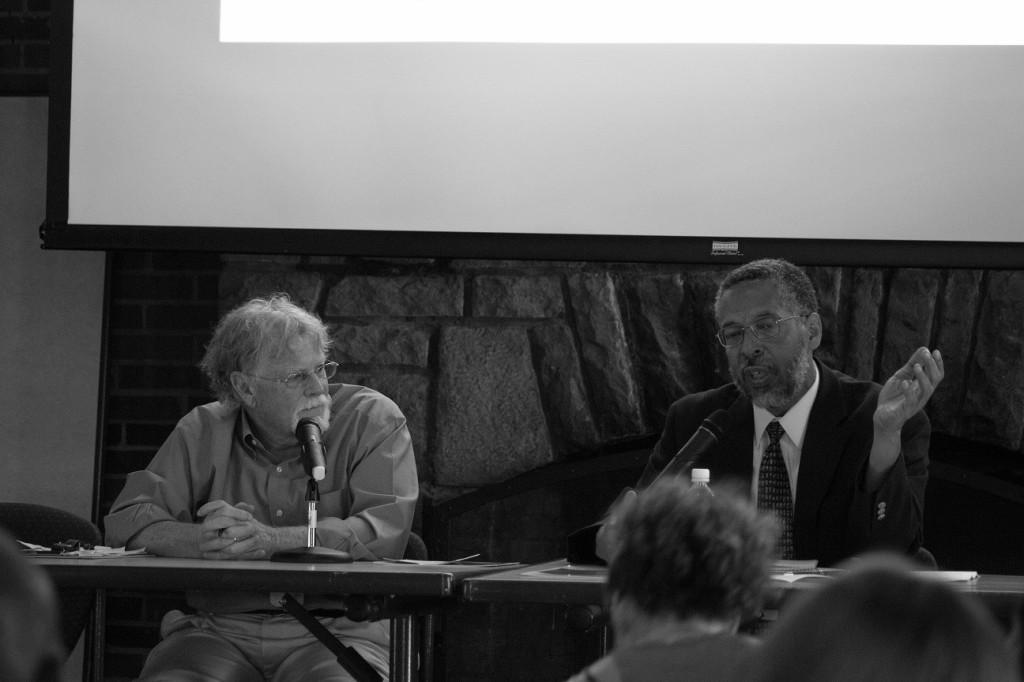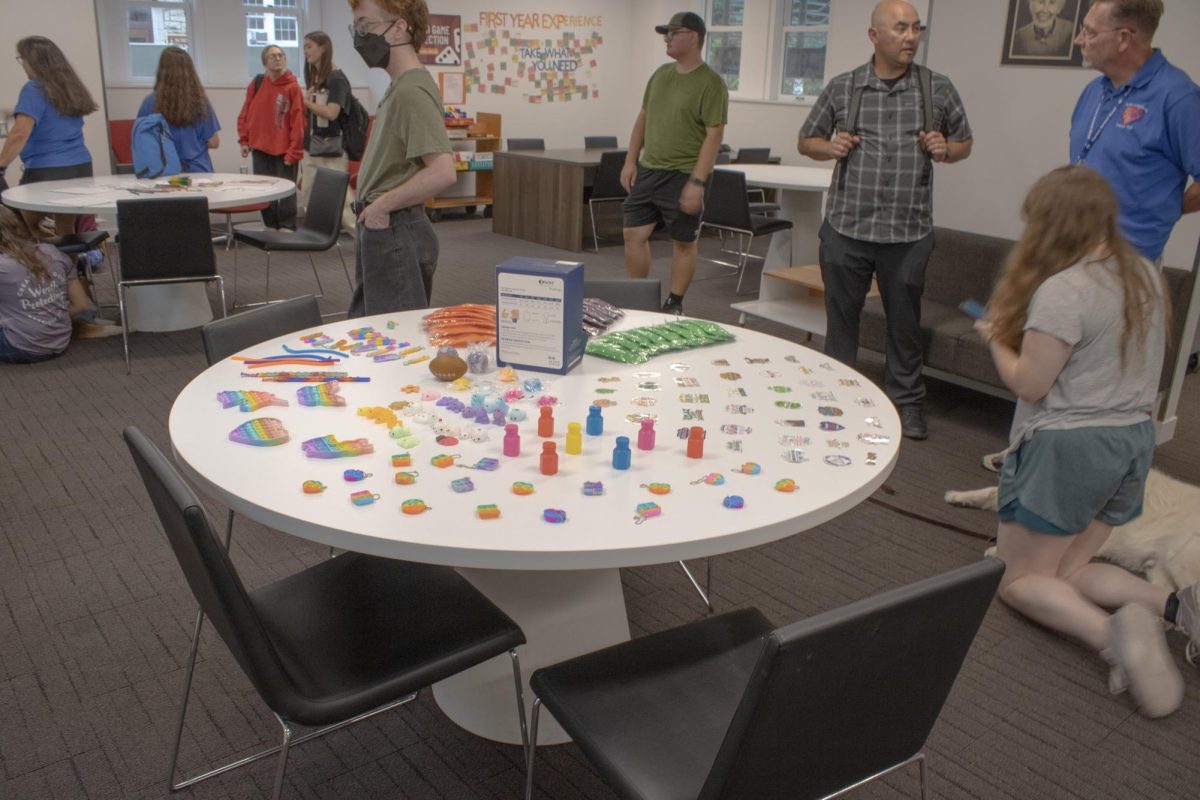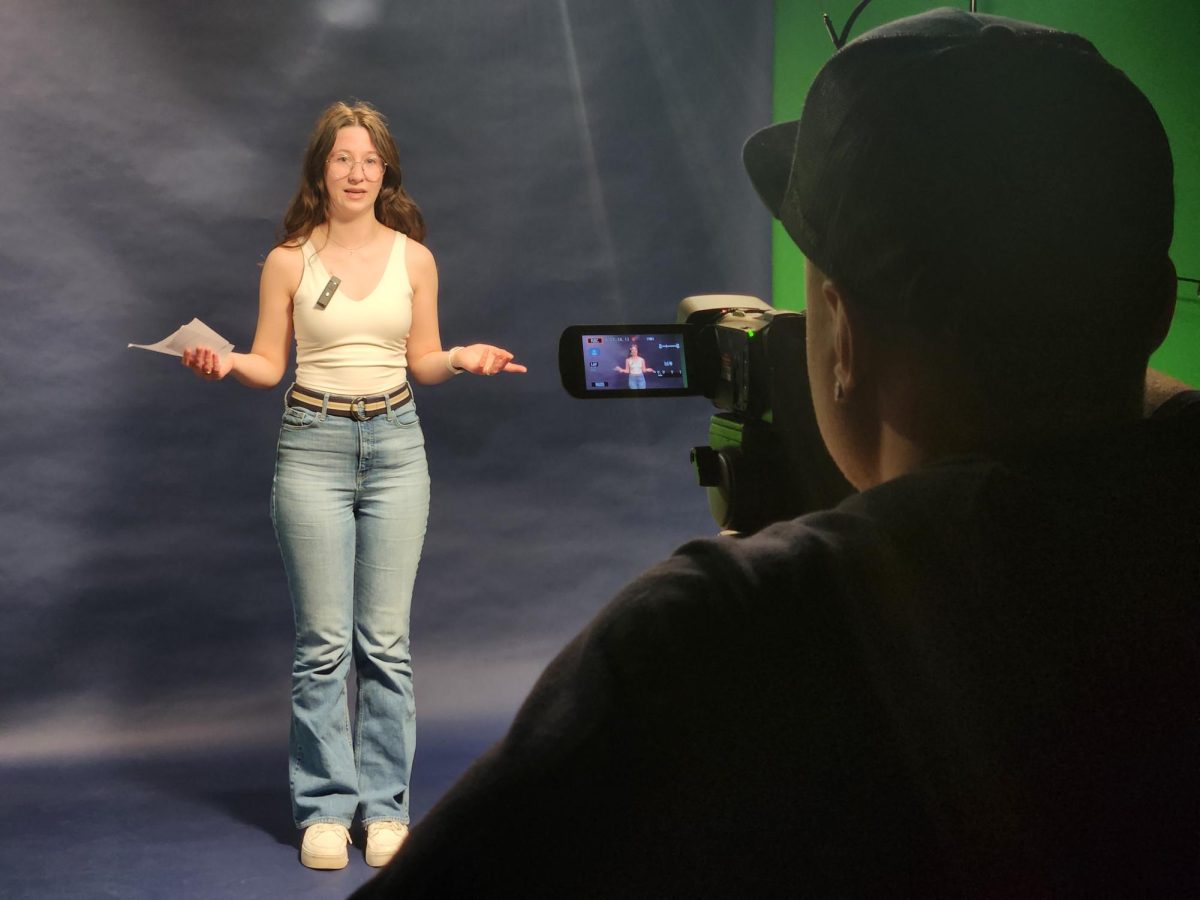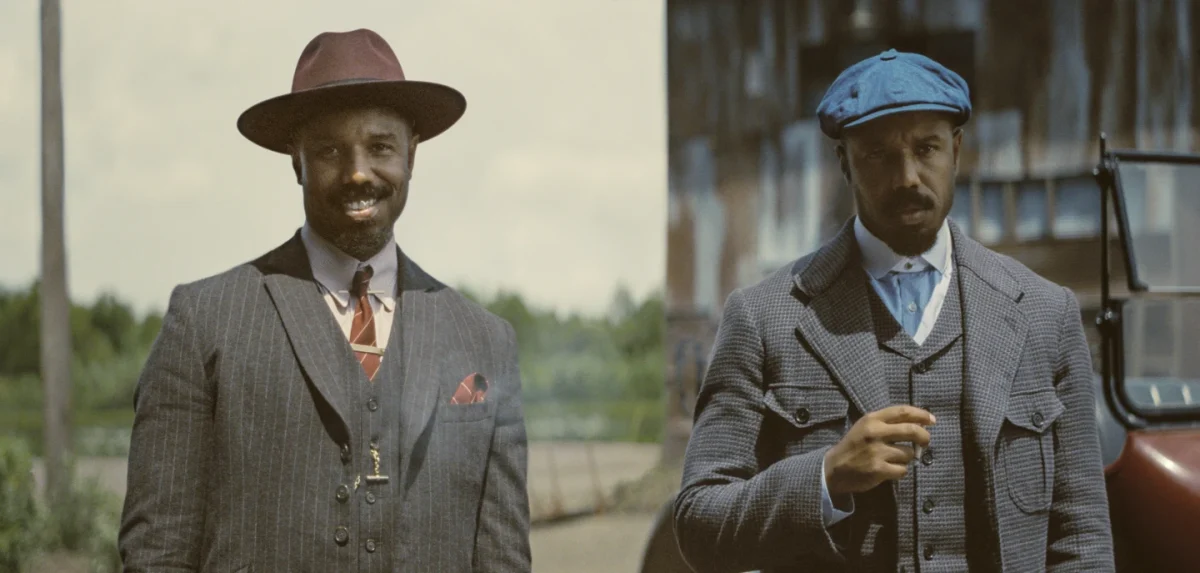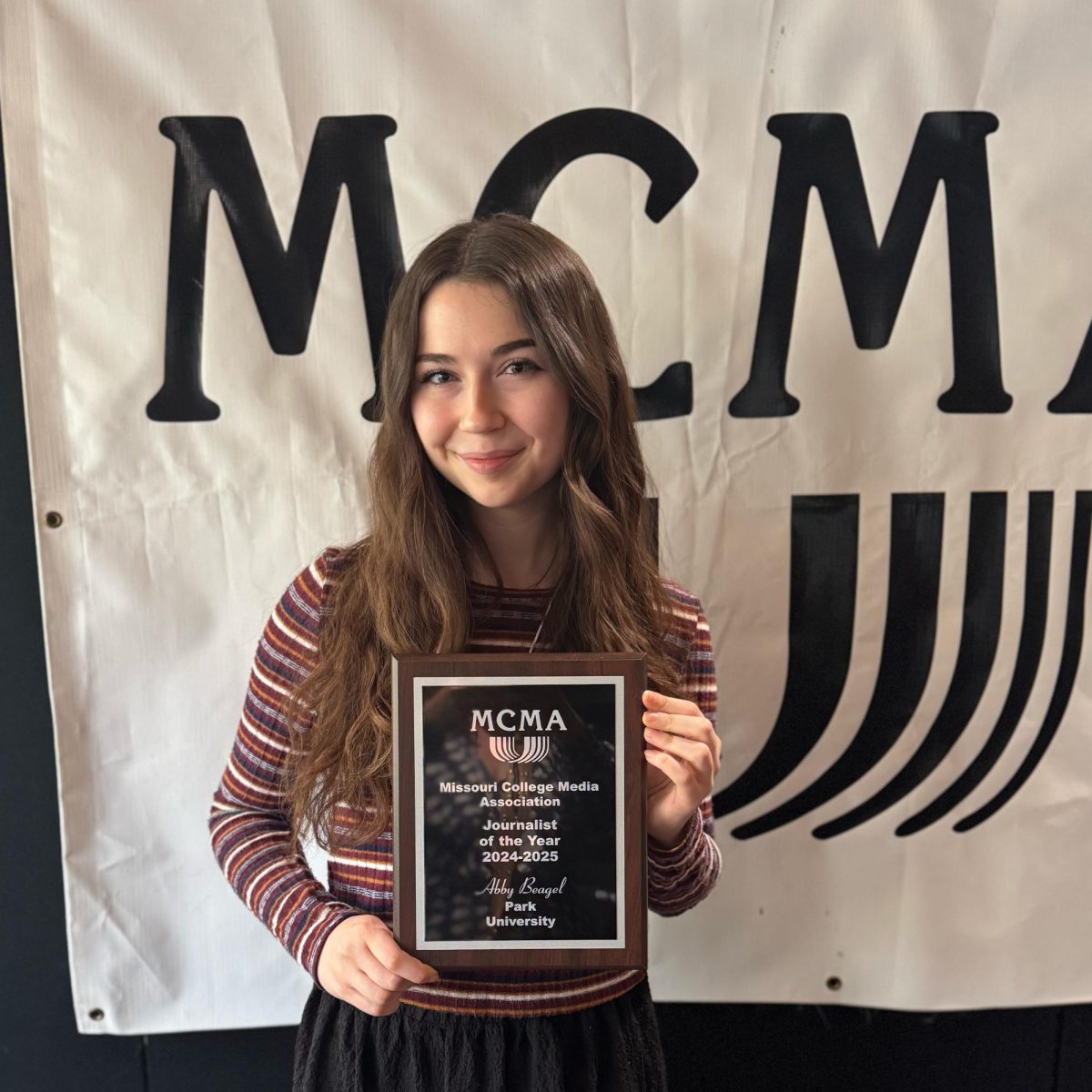Objectivity was the central focus point of a journalism symposium held Sept. 27 at the McCoy Meetin’ House at the Parkville campus.
The symposium entitled, “Doing the Wrong Thing: The Struggle for an Ethical Media,” was sponsored by The Center for Global Peace Journalism and the Department of Communication, Journalism and Public Relations at Park University in conjunction with The Center for International Media Ethics.
About 40 students, faculty and staff were present and joined by three speakers.
Introductions began with Steven Youngblood, director of the Center for Global Peace Journalism at Park University, and also associate professor at the school.
He introduced John Lofflin, chair of the Department of Communication, Journalism and Public Relations at Park, who was the first to speak.
His topic was “Objectivity: 11th Commandment or Convenient Excuse,” where he explained his main point that objectivity is not the same as being fair and is not possible in the world of journalism.
“There have been many conflicting ideas about where objectivity in journalism came from,” Lofflin said.
To explain, he focused on stereotypes.
“Stereotypes are a schema to help you understand the world,” he said. “If it is not possible to be objective in journalism, then get rid of objectivity. Kill it.”
The second speaker, Lewis Diuguid, who is an editorial board member, columnist and letters editor at the Kansas City Star, continued the topics of objectivity and stereotypes.
“For years, journalism has been a white male-dominated, middle-class, aristocratic institution,” he said.
Diuguid used the civil rights movement in order to elaborate his view points.
He explained how during the movement, African Americans were working to be seen as equal in America but mainstream news media made the issue out to be more of a “reality show.”
He used the recent George Zimmerman trial in Florida to emphasize stereotypes in the media.
“African Americans are often the target of stereotypes,” he said. “They were upset after the case ended because Zimmerman was freed.”
One of the major issues that African Americans had with the Zimmerman case was that it did not become a story until it was protested and pushed by people around the country, Diuguid said. Zimmerman was accused of killing a 17-year-old African-American named Trayvon Martin while he was walking home from a convenience store.
“The media lacks voices of colored folks and minorities,” he said, noting that as a minority himself, he is working to try to change that.
The final speaker, Youngblood, who has taught peace journalism in multiple countries including Lebanon, continued on with the topic of stereotypes.
Before embarking on his trip to Lebanon, Youngblood conducted some research of his own.
“What I found was that most reporting that is done in Lebanon is negative, which isn’t surprising,” he said. “But there are good things that happen in Lebanon, and all the negative reporting is doing a disservice. Because of the negative reporting, people are forming their own negative stereotypes.”
Youngblood said he believed peace journalism can help bring a positive light to journalism and reporting.
“Peace journalism and reporting should be applied to make sure we are being ethical, to help erase these stereotypes,” said Youngblood.
A brief question and answer session followed the speakers, who felt the event was successful.
“I hope the students learned that they have a role and have a voice with the press,” Diuguid said, “and that they learn to use that voice.”
Lofflin was also impressed with the crowd turnout and what the other speakers had to say.
“I was impressed with Lewis Diuguid,” he said. “He is very dedicated to telling positive stories that are not always told. He was focused and to the point.”
Youngblood also commented on how well he felt the symposium went.
“Lofflin’s comments were very insightful and Diuguid brought a wealth of knowledge,” he said, “and we all need a good history lesson.”
Many who attended the symposium were Park students of various majors, including Hayley Knappen, a senior who is studying elementary education, who said the symposium was very educational and had a variety of perspectives.
“I thought it was a great opportunity to hear the opinion of people in the business who are educated and passionate about the issues at hand,” she said.
Lindsay Moorman, a sophomore social work major, enjoyed what each speaker spoke about.
“I believe Lofflin had a very outrageously humorous, yet correct response to the ideas of objectivity,” she said. “Diuguid told very true and useful information on the development of journalism. Youngblood used incredible examples to convict his viewers on the ideas of narratives.”
With the attendance the size it was and the active interaction between the audience and speakers, it was clear the symposium was a success.
“There were so many good questions asked that brought up lots of good points,” Lofflin said. “This may be just the beginning.”



